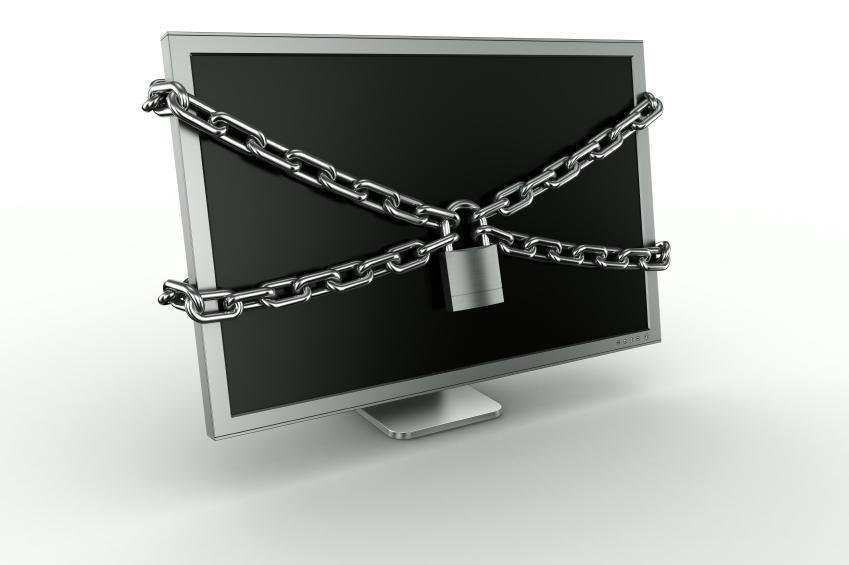- Posted by: Kalani Morse
- News
Sex Harassment Training Now Mandated by Law in Delaware:
Starting Jan. 1, 2019, all Delaware employers with 50+ employees must provide sexual harassment prevention training. Applicants and contractors are not counted in determining the 50+ employee count and need not be trained. Employees working less than six months need not be trained either. The employee harassment training provided must:
- Be interactive and focus on sexual harassment prevention,
- Be completed within one year of a new employee starting work, or by Jan. 1, 2020 for existing employees.











